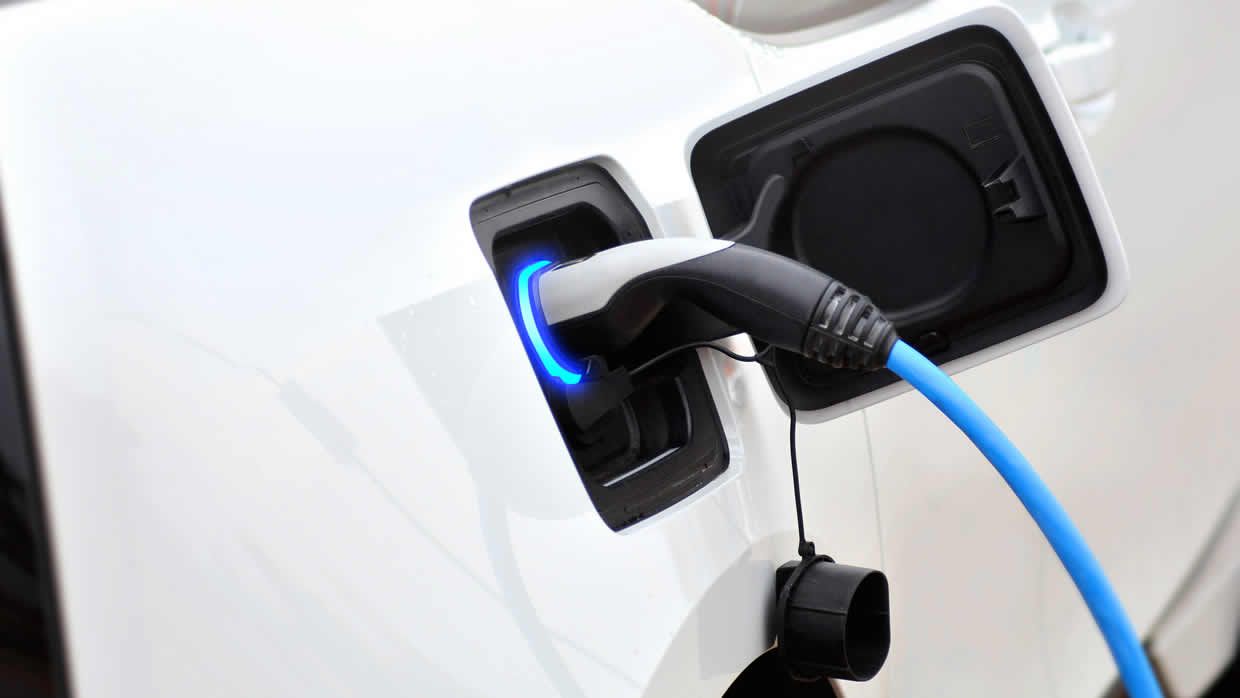Public EV charging
Public EV charging is especially complicated. First of all, there are currently different charger types. Do you have a Tesla or something else? Most major automakers have said they will switch to Tesla’s NACS, or North American Charging System format in a few years but that hasn’t happened yet. Fortunately, most of those non-Tesla automakers all have a type of charging port called the Combined Charging System or CCS.
Charging ports: What all the letters mean
With CCS, you can feel confident that if you find a charger that’s not a Tesla charger, you should be able to use it. Well, unless you have a Nissan Leaf, which has a ChaDeMo (or Charge de Move) port for fast charging. In that case, you may have a harder time finding a place to plug in.
One of the nice things about having an EV is that it’s possible to charge at home if you can install a home charger. With a home charger, it’s like having a gas pump in your garage. Just plug in and wake up in the morning to a “full tank” that costs much less per mile than what you pay for gasoline.
Away from home, charging your EV costs more than charging at home, sometimes twice as much. (Someone has to pay to maintain that charger in addition to the electricity itself.) There’s also a lot more to think about.
First, how fast is that charger? There are mostly two types of public charger, Level 2 and Level 3. (Level 1 is basically just plugging into a regular outlet.) Level 2, relatively slow, is convenient for those times when you’re out at a movie or a restaurant, say, and you want to just pick up some electricity while you’re parked.
If you’re on a long trip and want to juice up fast so you can back on the highway, that’s what Level 3 chargers are for. But, with these, there are a few things you have to keep in mind. How fast is fast? With a really fast charger, some cars can go from a 10% state of charge to 80% in just 15 minutes or so, adding another 100 miles every few minutes. (Charging usually slows down past 80% to reduce harm to the batteries.) But a lot of fast chargers are much slower. Fifty kilowatt fast chargers are common but take much longer than 150 or 250 kw chargers.
The car has its own limitations, too, and not every car can charge as fast as every charger. Your electric car and the charger communicate to sort this out.
16A 32A 20ft SAE J1772 & IEC 62196-2 Charging Box
Post time: Nov-15-2023









